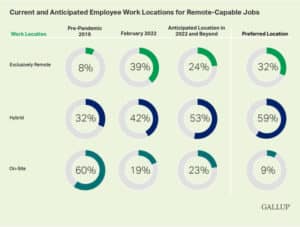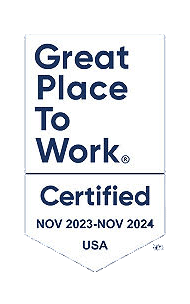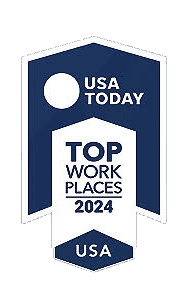
When the pandemic struck in March 2020, most organizations were forced to move their businesses to work remotely. Two years later, and many organizations are still remote, working in a hybrid model or are remote-capable. According to a study by Gallup, survey data of “remote-capable” employees found that just 9% want to work on-site full-time, compared with nearly 60% who prefer a hybrid work style.  Because of this workforce transition, all aspects of business, including recruiting and onboarding, have changed. Recruiting and onboarding are both high-touch functions of an organization; therefore, figuring out a way to do these remotely posed a challenge. According to USA Today, many organizations stopped recruiting and onboarding employees all together in 2020. However, hiring and onboarding are critical to any organization’s growth and success. Below we will discuss some of the biggest changes that occurred as well as technologies that can help you in this new post-pandemic remote workforce.
Because of this workforce transition, all aspects of business, including recruiting and onboarding, have changed. Recruiting and onboarding are both high-touch functions of an organization; therefore, figuring out a way to do these remotely posed a challenge. According to USA Today, many organizations stopped recruiting and onboarding employees all together in 2020. However, hiring and onboarding are critical to any organization’s growth and success. Below we will discuss some of the biggest changes that occurred as well as technologies that can help you in this new post-pandemic remote workforce.
The Candidate Pool Has Expanded
Before the pandemic, remote job opportunities were very rare with only 6% of employed people working primarily from home (ncci.com). This meant that many organizations only had a local candidate pool of individuals who were close enough to commute into the office every day. However, since the rise of remote work, recruiters have a much larger candidate pool to choose from. Recruiters can hire anyone in the world for a remote role because there is no longer a requirement to meet in-person.
Updated Technology Embedded in the Work Culture
Some of the biggest changes for remote-capable work conditions are the recent technologies embedded within the workforce. Many organizations did not feel the need to integrate modern technologies within their organization since in-person conditions allow for in-person collaboration, communication, and onboarding. However, with the rise of remote work, technology is more important than ever, and having the right tools can increase employee engagement, provide IT support for new hires, and make onboarding employees remotely possible. Below are three must-have technologies your organization should leverage for successful and easy remote recruiting and onboarding:
- Remote Provisioning: Remote provisioning allows an IT department to remotely send, set up and configure a computer to a new hire. This makes remote onboarding simple and allows the candidate to start sooner since the computer can be shipped directly to them. It also provides remote IT support for new hires when setting up their workstation.
- Interactive Calendars: Programs such as Microsoft Outlook and Microsoft Teams allow employees to have interactive calendars to easily schedule meetings and block off time. There is also a tool called Scheduling Assistant which matches up your calendar with whoever you want to meet with, to show times when both of you are free.
- Video Conferencing Tools: Microsoft Teams has video and audio calling features that allow you to meet with employees in real-time. It also shows the status of all employees with symbols including available (green), away (yellow) and busy (red), to accurately show you whether someone is free to meet or not.
The Need to Secure Your Organization in Different Ways
Security has changed a lot in the post-pandemic remote workforce. Before, employees were protected in the walls of an office, however now, employees can be anywhere in the world. Also, recruiting and onboarding employees often bring new people into the security bubble of the organization. Because of this, it is important to be able to ensure security with all the new employees coming on board and provide remote IT support for new hires. Below are security features that are vital to protecting your business in the new remote-capable workforce:
- End User Training: When bringing on new employees, many candidates do not know about IT security and can be a risk to the company’s safety. End User Training can provide education and resources for everyone in the company to learn how to identify and report cyber threats before they can be harmful to the business.
- Multi-Factor Authentication (MFA): MFA is a great system to implement for all employees, including new ones. It adds an extra layer of security when logging in to applications, which can avoid cyber criminals hacking company data. It is also simple to implement, and only adds a few simple steps when logging in.
Although there has been a lot of change throughout these past two years, the new post-pandemic remote workforce has adapted and overcome these challenges. Recruiting and onboarding employees are some of the areas that have had to completely transform the way they are done, but by implementing modern technology features and security features, it can continue successfully for years to come.
CompuData Managed IT Services combine best-in-class IT and help desk support with cloud support, management, implementation, and security services. We are one provider for managed IT, cloud, and security so you will never outgrow our services. CompuData offers IT Security solutions that extend beyond traditional data protection. We offer a comprehensive solution and train your team to help protect you against cyber threats. We take a proactive approach that offers flexibility and scalability to strategically protect your company.


